2015 Water Preview, Part I: International – Sustainable Development Goals Push Water to Center Stage
Water fits a new global development agenda.
By Brett Walton
Circle of Blue
Environmental groups thunder from the margins that the protection of rivers, trees, and soil is necessary to keep the world economy from a spectacular derailment. Business executives and government officials are taking note – green is good for the land, and it is just as good for the economy. With increasing frequency in 2014, water and air were included on the balance sheet.
World leaders have an opportunity in 2015 to take an even bigger step, to make an ambitious commitment to ecosystems – and water in particular.
The opportunity comes from international negotiations over Sustainable Development Goals (SDGs), a set of principles that envision a prosperous society for all without torching the environmental foundation. This fall, at a United Nations summit in New York in September, leaders are expected to approve a new agenda for reducing poverty, improving the health and well-being of mankind, and sustaining the rivers, forests, and grasslands that provide all nations with clean water, breathable air, and valuable resources like metals, minerals, and food.
The Sustainable Development Goals will replace the 15-year-old Millennium Development Goals (MDGs), which have guided the world’s poverty-fighting efforts for nearly two decades and expire this year.
The millennium goals focused on improving the lives of the world’s poorest people. They attracted new levels of attention and investment to preventing disease, fostering education, and ending hunger. They also targeted water supply, aiming to reduce by half the number of people without safe drinking water and access to toilets.
The sustainable goals, by contrast, broaden the ideals that inspired leaders at the turn of the century. Not only must the world focus on the poorest people. All nations must meet the challenge of aligning economic priorities with social goals and environmental protections.
Many leaders already recognize this challenge and are responding. China and the United States, for example, signed a historic pact in November 2014 to begin a low-carbon, water-saving transition in their fossil-fueled economies. In the dry Arabian Gulf region, Saudi Arabia is consuming so much energy for desalination, air conditioning, and transportation that the nation could cease to be an oil exporter by 2030, according to studies by the Qatar Foundation. Guided by a 2011 law, Peru is applying stricter standards for water quality to the mining industry. And in India, the National Green Tribunal is enforcing water quality laws and shutting down companies – not to mention entire industries – that are in violation.
Commitments to Water and Sanitation
Progress, clearly, is occurring. The Sustainable Development Goals are meant as a policy accelerator.
In July, the UN published a list of 17 draft sustainable goals that called for ending hunger, ending poverty, and ensuring the “sustainable management of water and sanitation for all.” Each goal comes with a set of numerical targets – 169 in total – to be achieved by 2030.
“The key to the SDGs is their universality,” said John Oldfield, CEO of WASH Advocates, a water, sanitation, and hygiene lobby group. “People deserve not to live in poverty, not to live without water.”
There are seven targets for water. Two are meant to improve health and public safety – ensuring universal access to safe and affordable drinking water, as well as universal access to toilet facilities so that no person will defecate in alleyways or crouch at night in farm fields for lack of a bathroom. Some 2.5 billion people, more than one-third of the human population, do not have regular access to hygienic sanitation facilities. Nearly as many do not have clean water.
The third and fourth targets improve industrial efficiency to reduce water use and cut in half the amount of untreated wastewater, respectively. The other three targets promote better management of water resources through international cooperation, local participation in decision making, and ecosystem protection.
Ambitious Goals Lack Clarity
For the sustainable package to bring about true and lasting change, argue water advocates, the goals must break down segmented thinking.
- Education, for example, is connected to sanitation. Without proper toilet facilities, girls may be absent from school during menstrual cycles. They can then fall behind and may drop out altogether.
- Food production is tied to water use. In the grain belts of India and China, wheat harvests rest on a foundation of unsustainable groundwater use.
- Renewable energy goals, especially if they include hydropower, can be undermined by too little water or too much. India’s push for hydropower development in the Himalayas, for instance, has been scaled back because of the propensity for engulfing floods to destroy power stations.
- Even in the United States, a dry decade in the Colorado River Basin and steady water demands have drained Lake Mead, the country’s largest reservoir, to a record low, testing the water balance between hydropower production, urban supply, and farm irrigation.
In April 2014, a “nexus” conference was held at the University of North Carolina, Chapel Hill, about building bridges between isolated sectors. The 300 delegates who represented academia, national governments, nonprofits, and businesses issued a declaration that urged world leaders to think inclusively when writing the sustainable goals, to connect food and energy production with water use.
That has not happened, at least not to the degree that water, sanitation, and hygiene (WASH) advocates had hoped.
“I’d like to see not only a WASH goal but water positioned more broadly as necessary to achieving the other goals,” Oldfield told Circle of Blue.
A number of developments in 2015 will underscore the importance of thinking about water, food, and energy as connected systems.
For instance, after decades of talk, India might finally be ready to put serious efforts into cleaning up the Ganges, the country’s holiest river. Narendra Modi, the country’s new prime minister, has also launched a national campaign to provide sanitation for all. Scores of new water-treatment plants will be necessary, as will new energy sources to operate them.
Hydropower developments in the Nile River Basin, the Amazon Basin, and the Lower Mekong River, among others, will lead to debates about how best to increase access to electricity in countries like Ethiopia, where half the population lacks power. The difficulty, say opponents to such programs, will be in maintaining productive fisheries, guarding the rights of those living in the construction zone, and cooperating with neighboring countries.
Financing Big Ideas
Talks surrounding the Sustainable Development Goals this year will bring big attention to the nexus of water, food, and energy. And from attention flows money — from aid agencies, foreign governments, and international lenders such as the World Bank and regional development banks. A United Nations conference in July in Addis Ababa, Ethiopia, will propel the financing discussion.
The challenge will be turning attention and money into results. Aid agencies, for instance, are having difficulty summoning the disaster assistance they say is necessary to prevent a food crisis in East Africa.
Before the world starts measuring progress, however, the goals must be finalized. Expect some push and pull until the September deadline over the draft goals. Just as some parties have argued for more unity among the goals, others have called for paring down the list, for clarity. There is still time for water’s role to expand — or to contract.
Brett writes about agriculture, energy, infrastructure, and the politics and economics of water in the United States. He also writes the Federal Water Tap, Circle of Blue’s weekly digest of U.S. government water news. He is the winner of two Society of Environmental Journalists reporting awards, one of the top honors in American environmental journalism: first place for explanatory reporting for a series on septic system pollution in the United States(2016) and third place for beat reporting in a small market (2014). He received the Sierra Club’s Distinguished Service Award in 2018. Brett lives in Seattle, where he hikes the mountains and bakes pies. Contact Brett Walton

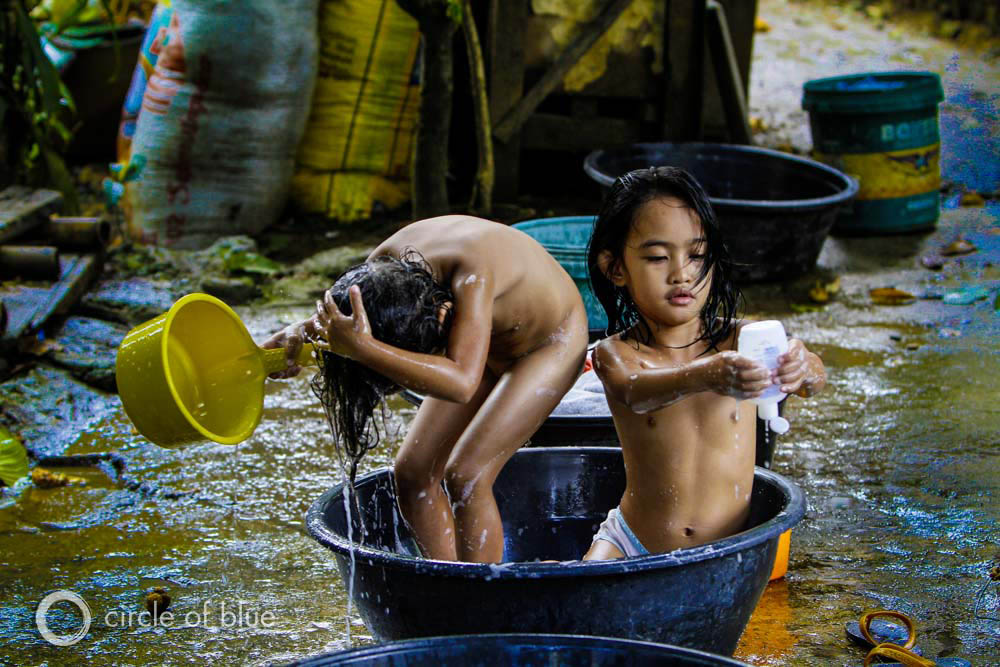
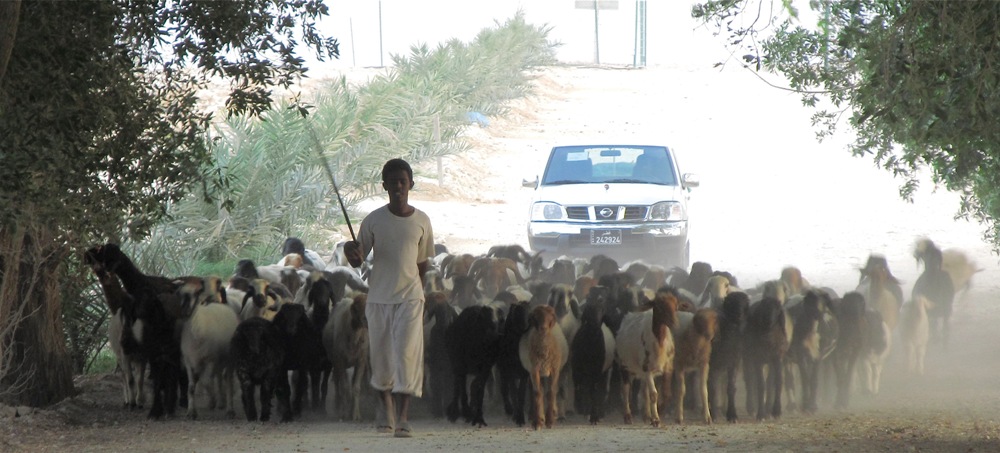
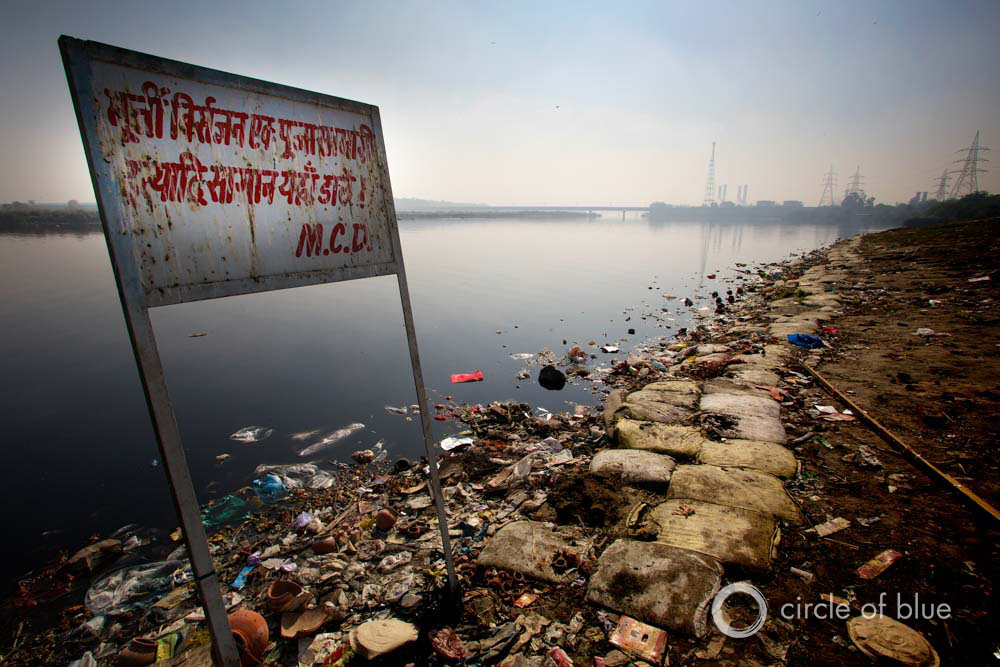

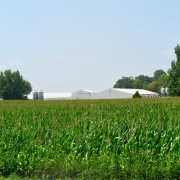
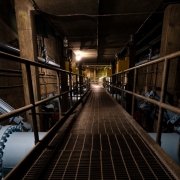
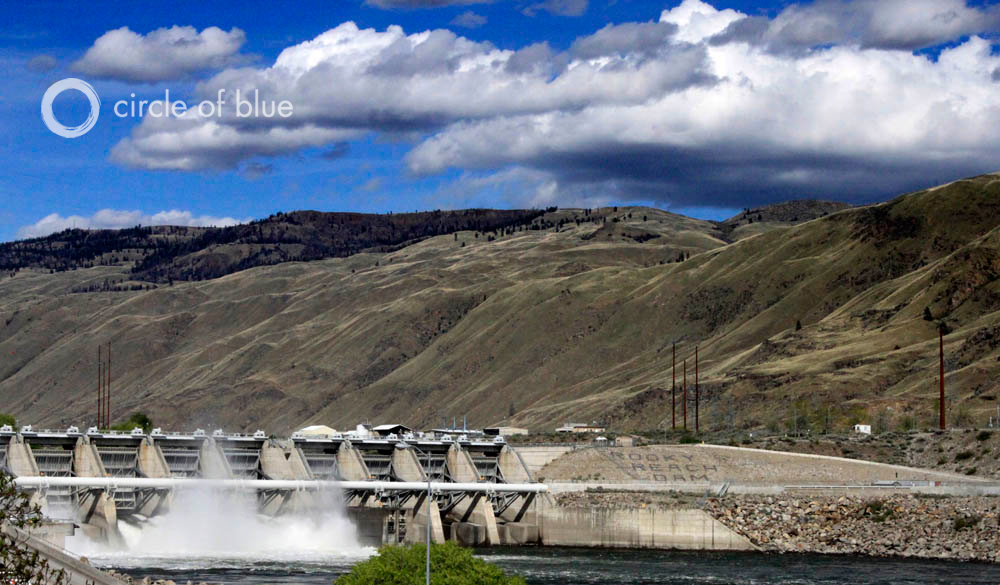
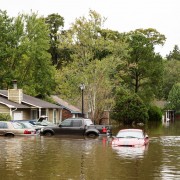
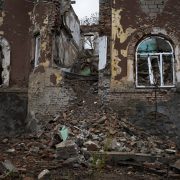
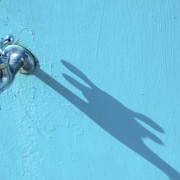


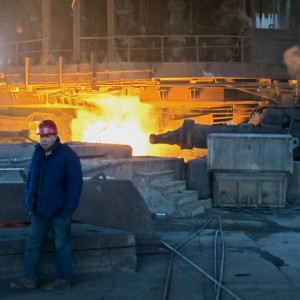
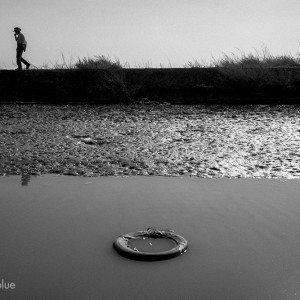
Leave a Reply
Want to join the discussion?Feel free to contribute!